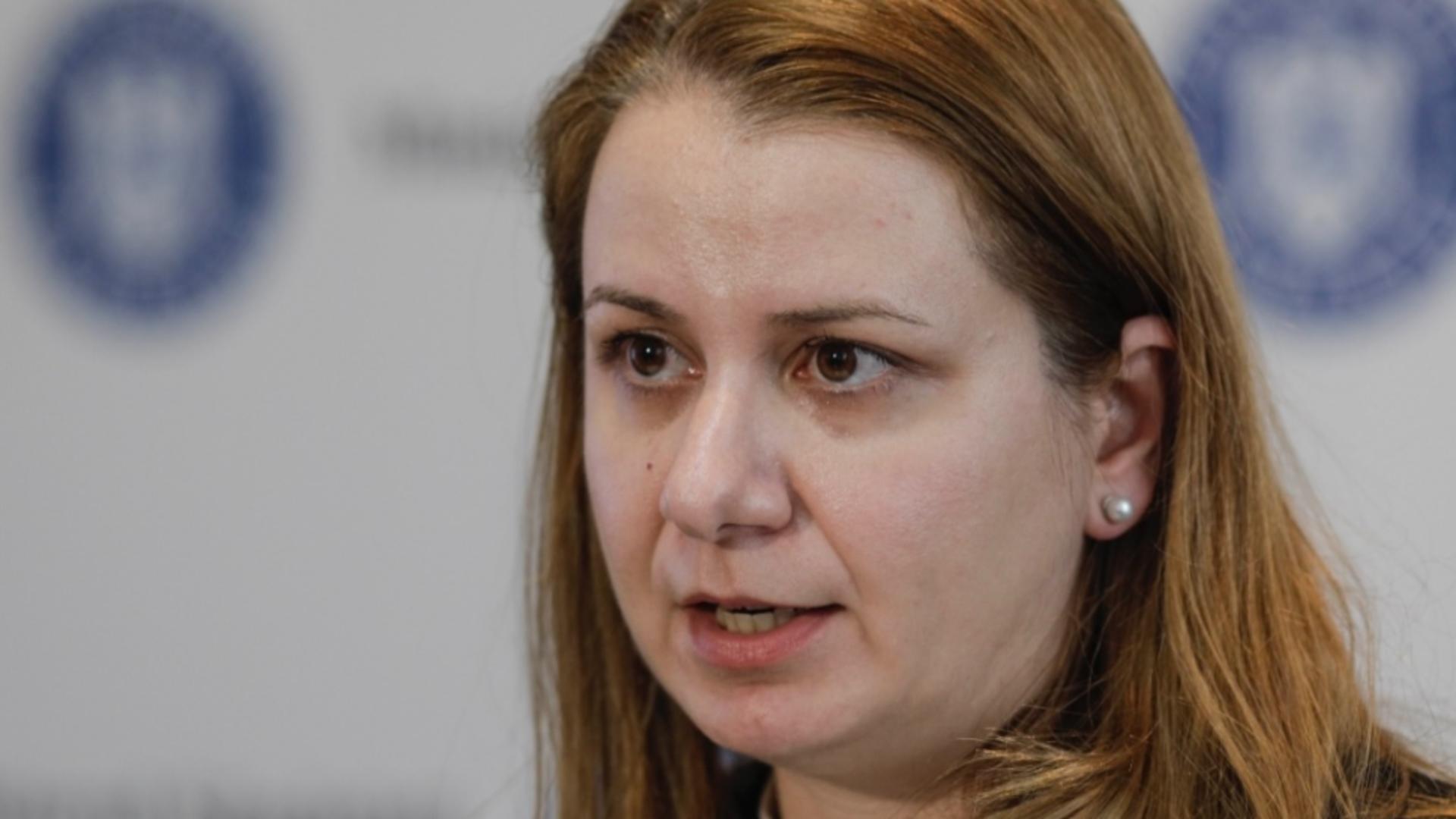Prosecutors and defense attorneys have agreed upon a trial date in March for Jasveen Sangha, a North Hollywood woman allegedly known as the “Ketamine Queen,” and Salvador Plasencia, a Santa Monica doctor — the two main defendants in the death of “Friends” actor Matthew Perry, according to court papers obtained Tuesday.
Sangha and Plasencia are charged in Los Angeles federal court with one count of conspiracy to distribute ketamine. Sangha also is charged with one count of maintaining a drug-involved premises, one count of possession with intent to distribute methamphetamine, one count of possession with intent to distribute ketamine, and five counts of distribution of ketamine.
Actor Matthew Perry poses for a portrait in promotion of his role in the upcoming CBS network comedy series “The Odd Couple” on Tuesday, Feb. 17, 2015 in New York. (Photo by Brian Ach/Invision/AP)
The indictment alleges that Sangha’s distribution of ketamine caused Perry’s death. Plasencia is charged with seven counts of distribution of ketamine and two counts of altering and falsifying documents or records related to the federal investigation.
Plasencia, 42, and Sangha, 41, both pleaded not guilty to the charges.
A status conference for the two defendants originally set for Wednesday in downtown Los Angeles has been taken off calendar. Court papers show the parties have agreed on a pretrial hearing in February and a trial date of March 4 for Sangha and Plasencia — contingent upon the trial judge’s approval.
Also in the case, Mark Chavez, a San Diego doctor, has agreed to plead guilty on Oct. 2 to a federal count of conspiring to distribute ketamine. He is among the three remaining Perry defendants to sign plea agreements.
Dr. Mark Chavez, a physician from San Diego, charged in connection with actor Matthew Perry’s death from an accidental ketamine overdose, is seen through a glass window as he arrives at the Roybal Federal Courthouse in Los Angeles, Friday, Aug. 30, 2024. (AP Photo/Damian Dovarganes)
Chavez, 54, agreed during an administrative hearing last week to surrender his California medical license.
Perry was found dead in October in a hot tub behind his Pacific Palisades home.
Charges against the five defendants, including a live-in assistant, two doctors and the woman known as the “Ketamine Queen,” were announced Aug. 15 by federal prosecutors in Los Angeles. U.S. Attorney Martin Estrada said the suspects were part of a “broad underground criminal network” that supplied ketamine to Perry and others, and “took advantage of Mr. Perry’s addiction issues to enrich themselves.”
Also charged was Erik Fleming, 54, of Hawthorne, who pleaded guilty last month to one count of conspiracy to distribute ketamine and one count of distribution of ketamine resulting in death, admitting that he distributed the ketamine that killed Perry, prosecutors said.
Fleming is set for sentencing on Oct. 30.
Kenneth Iwamasa, 59, of Toluca Lake, Perry’s live-in assistant, pleaded guilty to a felony count of conspiracy to distribute ketamine causing death, and is scheduled for sentencing on Nov. 6. Prosecutors say he conspired with Sangha, Fleming and Plasencia to illegally obtain ketamine and distribute it to Perry.
Chavez admitted in his plea agreement to selling ketamine to Plasencia, including ketamine that he had diverted from his former ketamine clinic. Prosecutors say Chavez also obtained additional ketamine to transfer to Plasencia by lying to a wholesale ketamine distributor and by submitting a phony prescription in the name of a former patient without that patient’s knowledge or consent.
“These defendants cared more about profiting off of Mr. Perry than caring for his well-being,” Estrada said. “Drug dealers selling dangerous substances are gambling with other people’s lives over greed.”
Local and federal authorities confirmed in May that they were investigating how Perry obtained the prescription drug ketamine, which contributed to his Oct. 28 death at age 54.
The Los Angeles County Department of Medical Examiner determined the cause of death was “the acute effects of ketamine.”
“Contributing factors in Mr. Perry’s death include drowning, coronary artery disease and the effects of buprenorphine, used to treat opioid use disorder. The manner of death is accident,” the medical examiner’s office said in a statement.
Ketamine is approved by the DEA for use as an anesthetic. A nasal spray version is used to treat depression in a clinical setting, DEA Administrator Anne Milgram said.
According to the court papers, in late September, Plasencia learned that Perry, a successful actor whose history of drug addiction was well documented, was interested in obtaining ketamine. The use of ketamine requires a health care professional to monitor a patient who had been given the drug.
After learning of Perry’s interest in ketamine, Plasencia contacted Chavez — who previously operated a ketamine clinic — to obtain ketamine to sell to Perry, prosecutors allege.
In text messages to Chavez, Plasencia allegedly discussed how much to charge Perry for the ketamine, stating, “I wonder how much this moron will pay.”
Prosecutors said Perry was paying $2,000 per vial of ketamine, while his dealers were paying $12 for each vial.
Perry’s 2022 best-selling memoir, “Friends, Lovers and the Big Terrible Thing,” discusses his years-long struggle with addiction. The “Friends” star, who played the character Chandler Bing in the series, says he went through detox dozens of times.
Last fall, Perry fell back into addiction, “and the defendants took advantage to profit for themselves,” Estrada said during a news conference in downtown Los Angeles when the charges were announced.
When doctors refused to increase his ketamine dosage, Perry turned to unscrupulous doctors, according to Milgram.
“Instead of do no harm, they did harm so that they could make more money,” she added.
Prosecutors contend that last September and October, Plasencia distributed ketamine to Perry and Iwamasa without a legitimate medical purpose on at least seven occasions. He taught Iwamasa how to inject Perry with ketamine, selling the drug to Iwamasa to administer to the actor, including once inside a car parked in a Long Beach parking lot, prosecutors allege.
Beginning in mid-October, Iwamasa also allegedly began obtaining ketamine for Perry from Fleming and Sangha. After discussing prices with Iwamasa, Fleming coordinated drug sales with Sangha, and brought cash from Iwamasa to Sangha’s stash house in North Hollywood to buy vials of ketamine.
Sangha has distributed ketamine and other illegal drugs from her stash house in North Hollywood since at least 2019, according to the U.S. Attorney’s Office.
Sangha was aware of the danger of ketamine: In August 2019, Sangha allegedly sold the anesthetic to victim Cody McLaury in the hours before his death. The indictment alleges that Sangha nonetheless continued to sell ketamine from her house.
Using the Plasencia-provided instructions and syringes, Iwamasa injected Perry with the ketamine that was sold to him by Fleming and Sangha, including on Oct. 28, when Perry died at his Pacific Palisades home after receiving multiple injections, prosecutors said. Plasencia allegedly sold the ketamine to Iwamasa despite being informed at least one week earlier that Perry’s ketamine addiction was spiraling out of control, prosecutors said.
Related Articles
San Diego doctor agrees to plead guilty in actor Matthew Perry’s ketamine death
‘Shoot me up with a big one’: A timeline of the last days of Matthew Perry
5 charged in Matthew Perry’s death, including the ‘Ketamine Queen’ of North Hollywood
San Bernardino man awaits sentencing in fentanyl deaths that inspired grieving parents’ activism
French Valley man to be released from custody after fentanyl-related manslaughter conviction
If convicted of all charges, Sangha would face a sentence between 10 years and life imprisonment. Plasencia would face up to 10 years in federal prison for each ketamine-related count and up to 20 years in federal prison for each records falsification count, prosecutors said.
Iwamasa and Fleming will face up to 15 years and 25 years, respectively, when they are sentenced in their federal cases.
At sentencing, Chavez will face up to 10 years in federal prison, according to the U.S. Attorney’s Office.



























